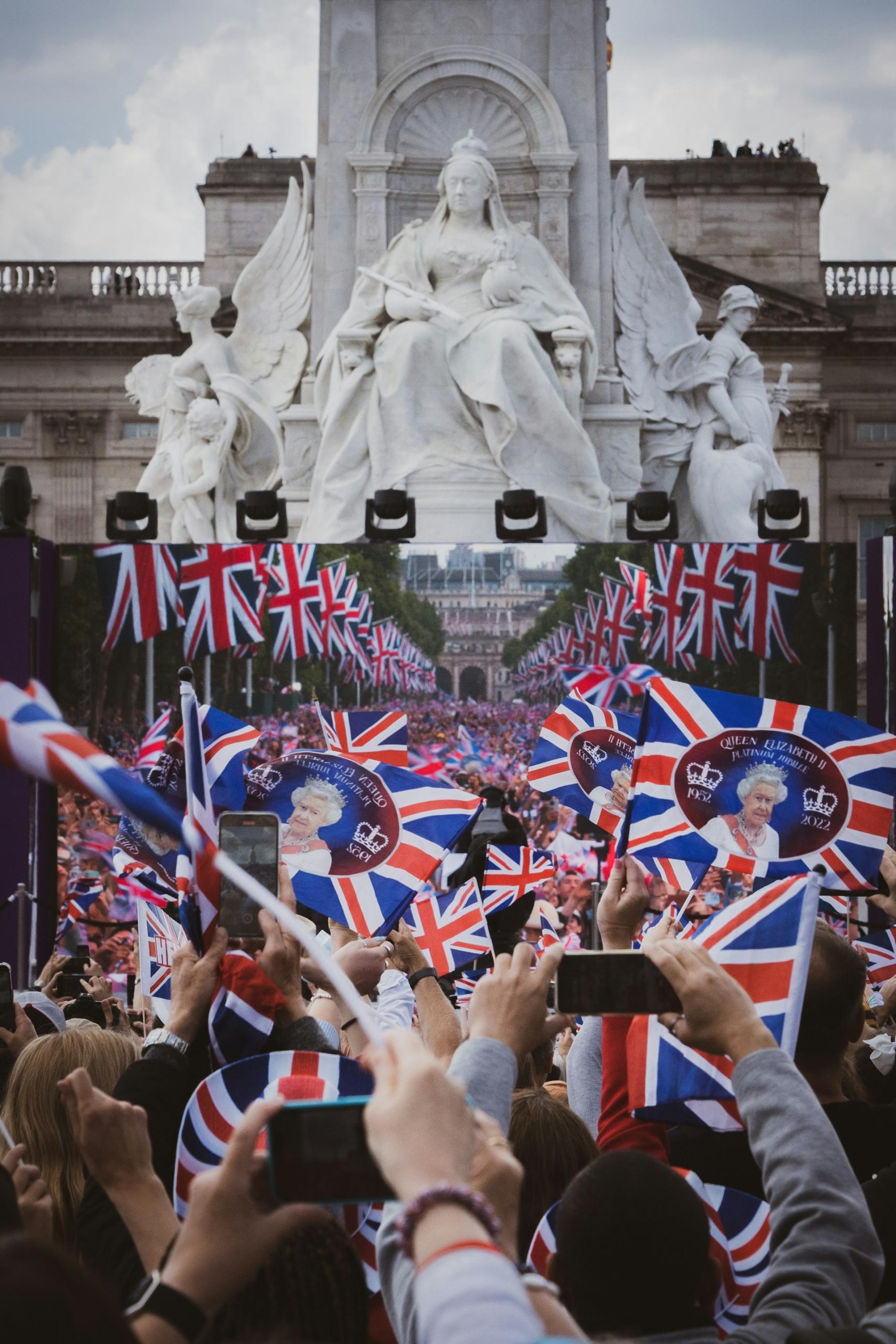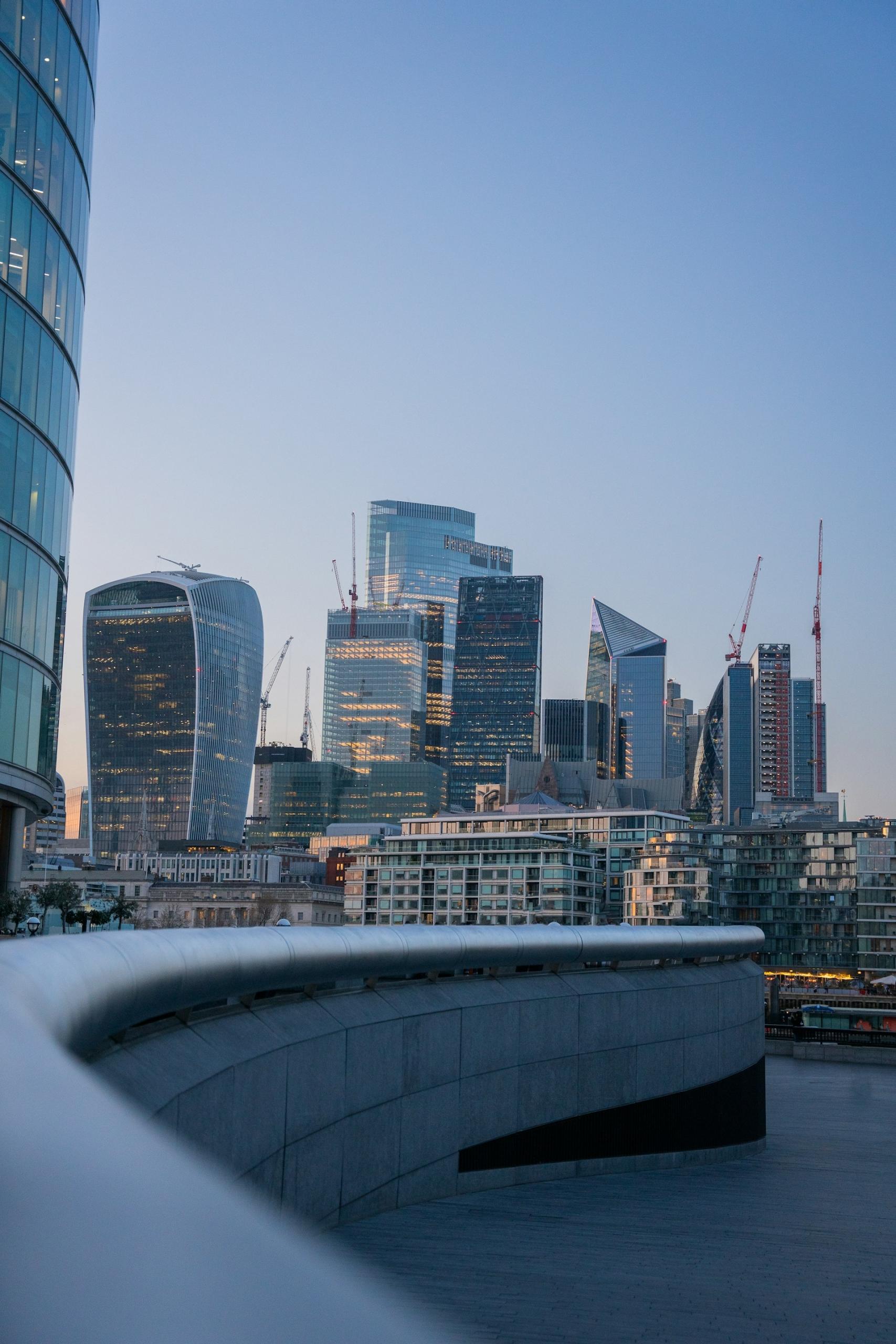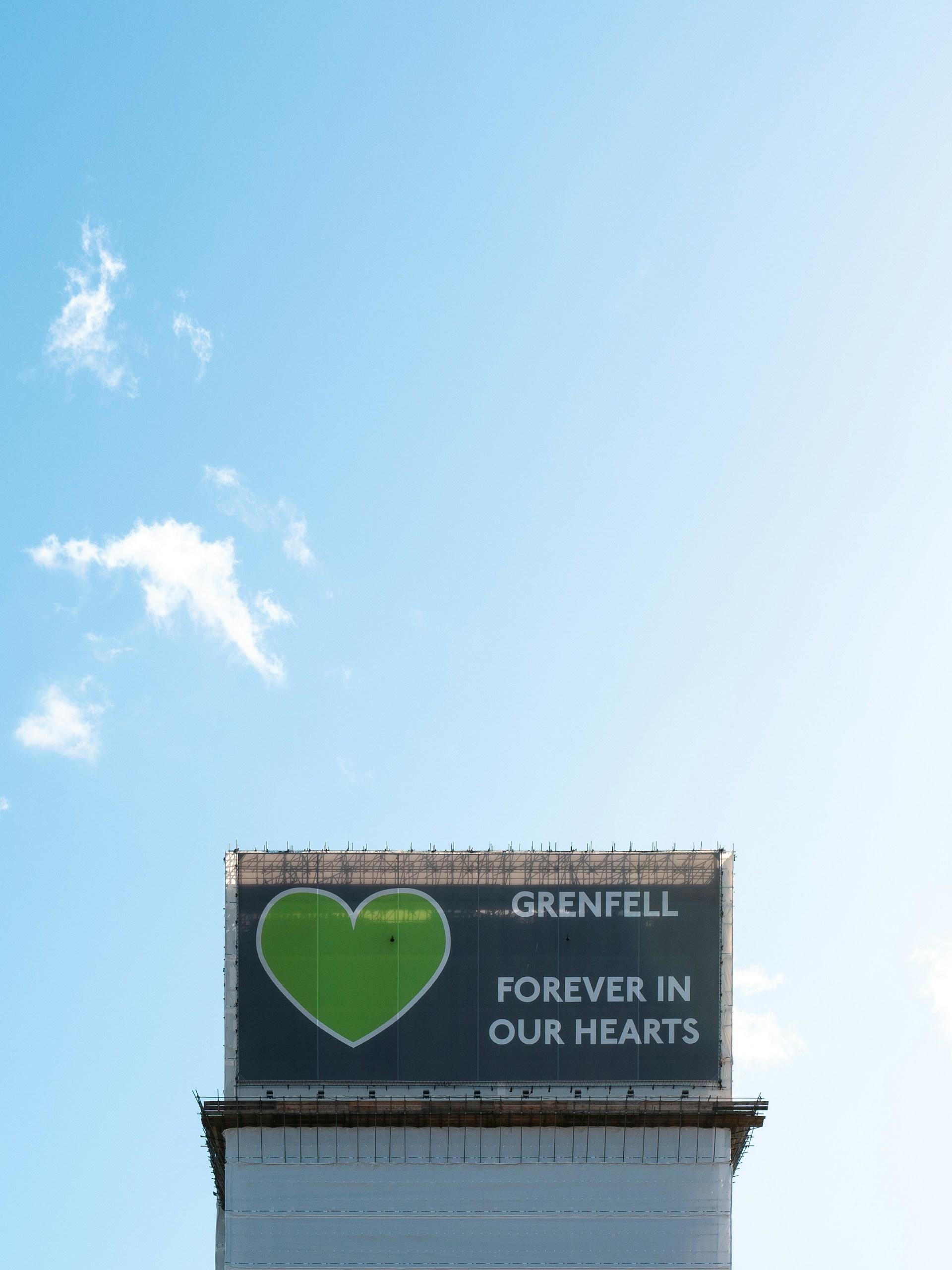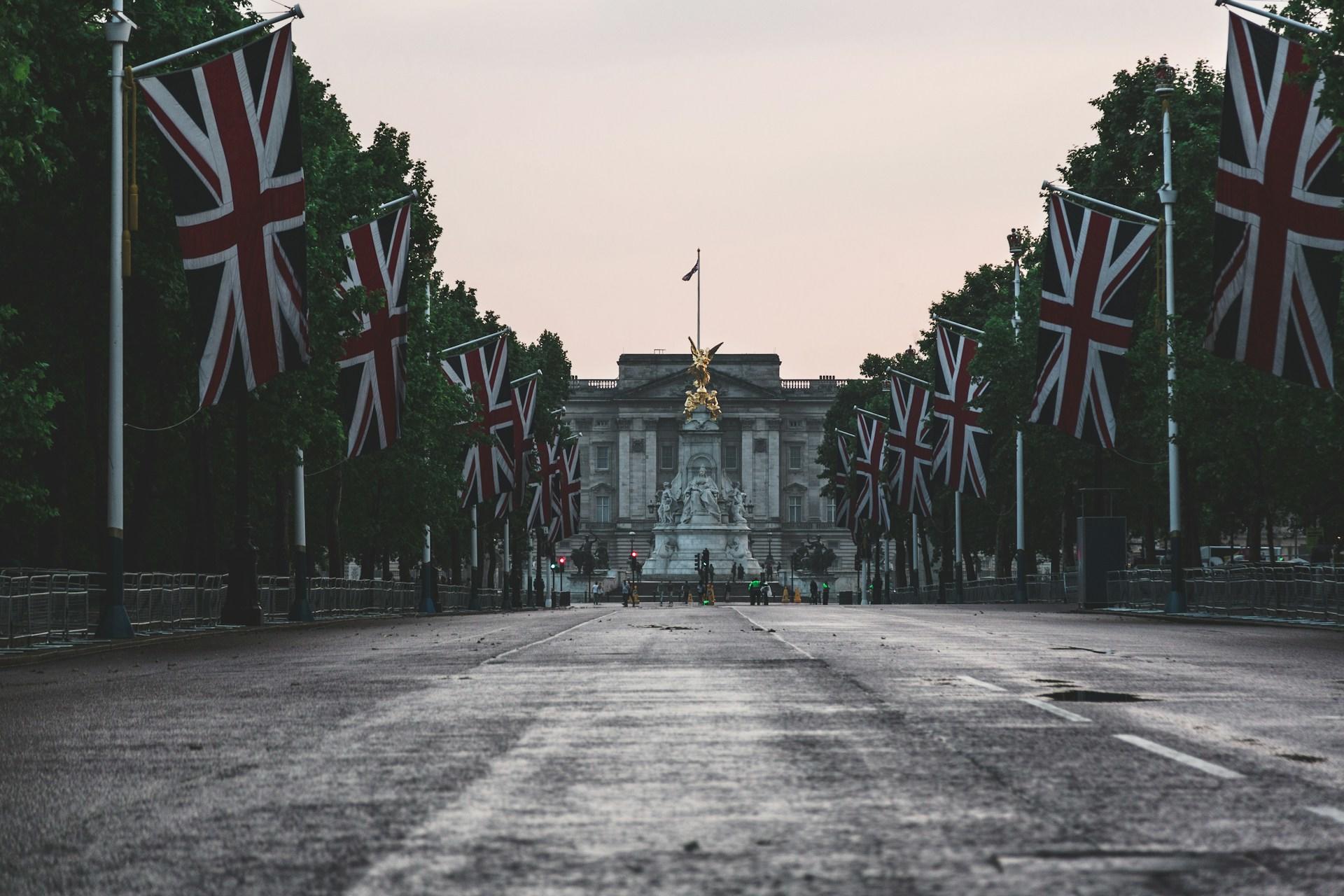The English certainly and fiercely pride themselves in never praising themselves.
Wyndham Lewis
You might wonder what that English writer would think of today's social media influencers. No matter the nationality, praising and promoting oneself is these platforms' purpose. The English of his time might not have been self-promoters, but Britons are fast learners.
Happenings since the new millennium began forced us to adapt, and fast. We've lived through a catastrophic financial crash, a debilitating pandemic, and political upheaval. We should praise ourselves for that much, at least. To do so, we must define the impactful events that shaped Britain in the 21st Century:
Key Events in 21st Century Britain
- the 2008 global financial melt-down
- growing unrest across Britain (starting in 2011)
- the Brexit vote (2016)
- the Coronavirus pandemic (2020)

Britain's 21st Century Timeline

Toward the end of 20th Century Britain, leaders realised how far we lagged behind in technology. Still, all the Y2K (Year 2000) panic aside, this century started out well. Parliament finally passed the Freedom of Information Act, and the Big Brother franchise launched (both in 2000), reflecting the influence of the 20th century on modern developments.
From there, things started downhill, seeming to pick up the pace the farther they slid. In 2001, the September assault on American soil forever changed aviation and security procedures worldwide.
And then, all this happened:
2002
The Golden Jubilee
Queen Elizabeth II marks 50 years on the throne
2003
UK forces join American military efforts in Iraq
Our decades-long presence in West Asia begins
2005
London bombing
London's transportation network attack
2008
Global financial crisis
UK plunges into a decade-long recession
2011
Growing unrest
Globally, and locally - the Mark Duggan affair, the Saville disclosures, and the Leveson Inquiry, were among the provocations
2012
London hosts the Summer Olympics
Also, HRH The Queen's Diamond Jubilee
2016
The Brexit referendum
David Cameron resigns
2017
Back-to-back tragedies
The Manchester Arena bombing, the Grenfell Tower fire
2019
Theresa May resigns; Boris Johnson takes the helm
Coronavirus reports begin making their way around the world
2020
World Health Organisation declares a pandemic
Britain formally withdraws from the European Common Market
2021
Soaring costs provoke fears of food and other shortages
Lockdowns continue, the immigration crisis begins
2022
'Partygate' erupts, BoJo Ukraine involvement, HRH dies
The Truss cabinet becomes the UK's shortest-lived administration
Living through all of these events was hard enough. Seeing them listed, one after the other, makes it seem like contemporary British history is a single, never-ending cataclysm. That's not entirely fair, though. We had shining moments, like the London Olympics, Royal weddings, and the Jubilees.
So let's not get into a panic just yet. This timeline presents some pretty important milestones in Britain's history. However, it does us no good to accept them in their overwhelming totality. We must be more discerning, and focus on the most significant of these events.
The Global Financial Crisis
Through millennia, Britons have weathered their share of economic crises. However, this 2008 event was the most devastating - and, arguably, the defining moment in modern British history. One can trace many of Britain's subsequent ills to this meltdown.
Before the turn of the millennium, Britain had already begun pivoting to a financialized service economy. Industry jobs were on the wane. Indeed, the same year The Queen celebrated her Silver Jubilee (2002), the last coal mine in Scotland closed.

People - and Her (His) Majesty's Revenue and Customs (HMRC) had long been feeling the economic pinch. Credit kept afloat Britain's three remaining industries: real estate, retail/hospitality, and finance. The 2008 meltdown pulled the credit rug from under what was left of the British economy.
This put the Britain into a tailspin, at every level of society. Banks and businesses reported massive losses, and people resorted to defaulting on their mortgages. Financial uncertainty caused consumers to spend less in shops, restaurants and on holidays.
This, in turn, fuelled wave after wave of closures and joblessness. We'll not say that we descended into the type of life experienced during Medieval Britain. However, tempers flared and tensions began growing around this time. These stressors powered - and underpinned, Britain's subsequent pivotal events.

The Brexit Referendum

With each successive financial blow, the population grew more restive. Growing unemployment translated into a lack of resources in households across Britain, and in governments. Councils, too, were feeling the pinch, as funds from the central government dried up.
Add that to the lack of opportunities for newly-graduated university students and, soon, everyone was ready to grab the pitchforks. It didn't take long to find a worthy target for all that ire.
How Did We Get Here?
The Maastricht Treaty
- a 1992 agreement to unify European member states
- The plan to 'standardise' member states
- the UK signed on in 1993
Euroscepticism
- an outgrowth of Thatcherism
- the belief that Brussels wanted to interfere in British affairs
- the basis for forming the UK Independence Party (UKIP)
Immigration
- UKIP takes a hardline anti-immigrant stance
- People increasingly believe EU membership means more immigrants
- these sentiments divide society
All those people, coming through the open border with Europe, were happy to accept lower wages. They didn't mind doing the jobs we didn't want. They brought their food and music with them, enriching our culture. Britons were more or less fine with that, until about 2014.
In 2014, 11% of the British population worried about EU membership.
By 2015, 65% were keen to reduce the EU's power, or leave the Union altogether.
The Cameron government scheduled the Brexit referendum for June 23, 2016. He had tried, unsuccessfully, to bargain with Brussels to reduce 'ever-closer Union' mandates, and install immigration restrictions. The shock results, with 51.89% of the population voting to leave, led to his resignation.
Brexit led to yet more uncertainty across Britain. Particularly for people who had jobs in Europe, yet maintained their UK residence. Some likened the moment to the monumental shift during Tudor Britain, when the King broke with the Church. Everyone, government and civilian alike, knew they were sat on a powder keg, one with a very short fuse.
Unrest Grows Across Britain
To be frank, civil unrest flared in Britain as early as 2005, after the London bombings. Across the UK, everyone remained on high alert. Destroying suspicious packages became the norm. Soon enough, we went back to normal, but only until 2011.
That year, the Saville disclosures, inquiries over tactics of the British press, and especially Mark Duggan's death, sent us rioting in the streets. These demonstrations were born of outrage rather than fear, as was the case in 2005.

In 2017, we hit the streets twice, both times from a shared sense of horror. On May 22, a joyous celebration ended in tragedy, when a bomb detonated in the Manchester Arena. Twenty-three people lost their lives, and more than 500 suffered injuries.
A month later, on June 14, fire broke out in a housing block in North Kensington. Seventy-two people perished, and more than 70 suffered injuries. Every resident lost their home.
Shock and grief quickly turned to outrage. History tells us that inventions from Victorian Britain often caused such catastrophes as Grenfell. But why were such poor quality materials and methods used in our modern age? And how could someone simply walk into a concert venue and plant a bomb?
All of these, and other events from 2011 on, have fostered deep public distrust in the government and authorities. They're part of the reason why we're not willing to accept austerity mandates. And why we're furious about ever more social programme cuts.
Lockdowns Across Britain

Were it not for the Coronavirus, British society might have stabilised. After all, our economy had finally recovered from the 2008 event - though Brexit had dented it anew. Still, we were seeing signs of optimism. Until we had to close up shop and self-isolate.
This global pandemic hurt us on many levels. The death toll was tremendous; a watershed of collective grief. It, and the lockdowns, had profound mental health impacts. For students, being away from their routines - school and social activities, those impacts were more severe.
This virus dealt many of us an economic blow -and our government too. Some businesses that closed due to lockdowns never reopened. Furloughed employees never got a callback. Still, we managed to find ways to protect our sanity.
Our return to normal has been slow in coming. We've gone from empty store shelves to selective food rationing, to shrinkflation and mad price hikes. We've been through a series of mandated lockdowns, Partygate, three Prime Ministers, and a coronation.
And, here we are today. Like the fighters during Viking Britain, we keep getting up and forging ahead. We're angrier than before, less tolerant and not quite as patient. We've been through a lot, we can allow ourselves that much, for now.
It's not like we fought a war, but we have fought. Against injustice and negligence, and for self-determination. For these, we'll praise ourselves, never mind Wyndham Lewis's quip!
Résumer avec l'IA :















